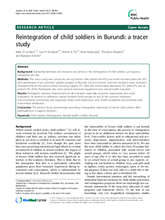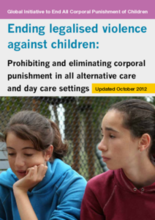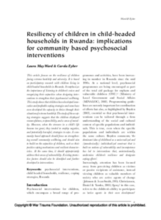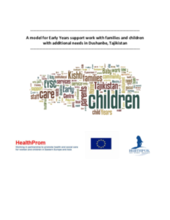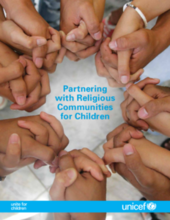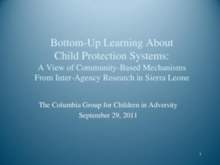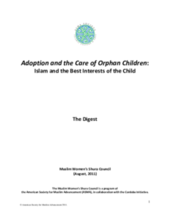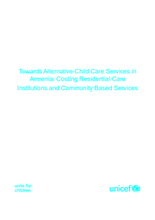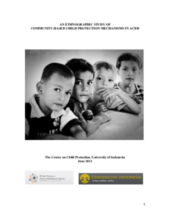Displaying 181 - 190 of 312
This study assesses reintegration trajectories of child soldiers in Burundi several years after demobilization. It looks broadly at socioeconomic and mental health indicators of a large group of former child soldiers and never recruited peers, both of who participated in an economic support program.
The report provides guidance on achieving law reform which gives children in alternative care and day care the protection from all forms of corporal and other cruel and degrading punishment that is their absolute right.
Based on participatory research with children living in child headed households in Rwanda, this article focuses on the resilience of children facing extreme hardship and adversity. While the research focuses on child headed households, this study’s findings can be considered more broadly for interventions for other vulnerable children to support their development of innovative coping strategies.
This report is the result 4 of a two-year EU funded project “An Early Years Support Centre (EYSC) service in Dushanbe: Reducing poverty, empowering vulnerable families, strengthening partnerships and advocating for rights”. It outlines the model of support that was developed through the EYSC project in Dushanbe, the capital of Tajikistan.
This document is intended as a guide, primarily for UNICEF staff and partners, to building effective partnerships with larger religious, and local faith, communities and networks, especially religious leaders.
This section of the Community Planning Toolkit provides guidance on the issues to consider when planning and designing community engagement. It focuses on quality and effectiveness, process planning and designing engagement tailored to the particular issue, level of participation to be achieved, timeframe and range of stakeholders affected.
This presentation describes research undertaken in Sierra Leone by an inter-agency group to map the child protection system in the country, including the community-based child protection mechanisms (CBCPMs) in place.
In this position paper, the Muslim Women’s Shura Council considers whether adoption can be possible within an Islamic framework.
This recent study by UNICEF in Armenia costed different types of residential care and community based services.
The study described in this report set out to identify and systematically learn about the functioning of existing community-based child protection mechanisms in Aceh, Indonesia.

